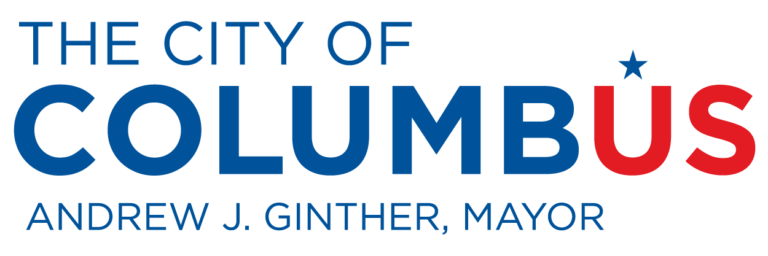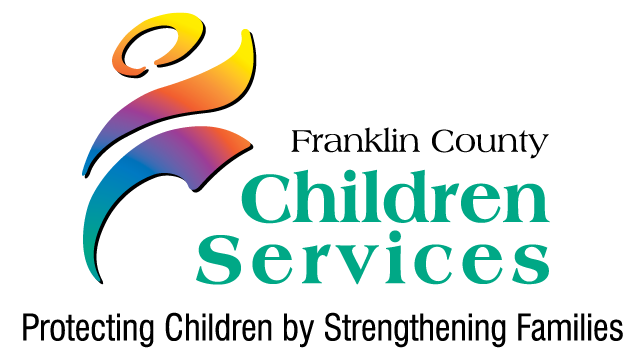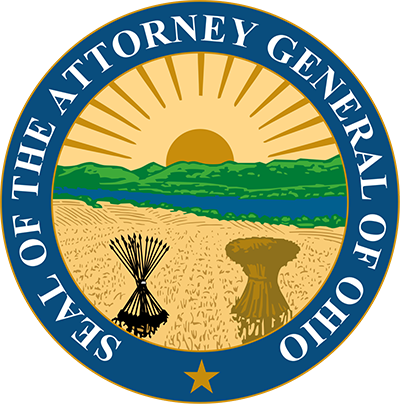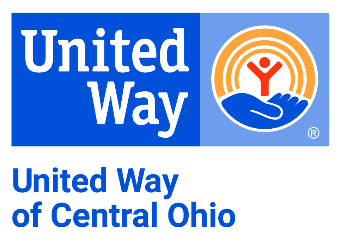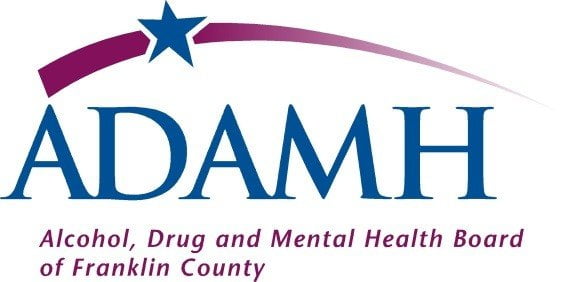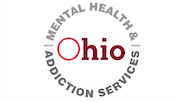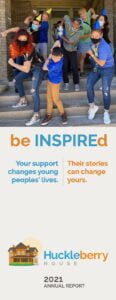About Huckleberry House
Huck House works to make sure every teen has a safe home environment.
We have been supporting teens since 1970.
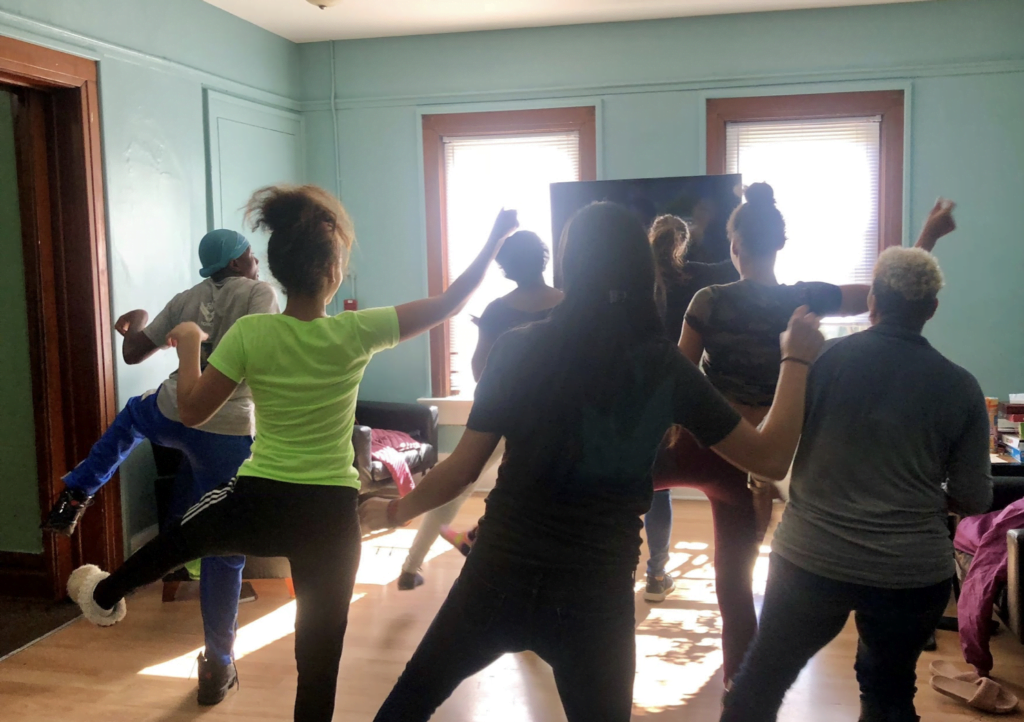
One in seven children will run away before the age of 18. They run because they don’t know how to deal with family dynamics at home, or because they are experiencing an unsafe situation and feel there is no other escape. Once they are on their own, many don’t have anywhere to go, or they don’t know where to get help.
Since 1970, Huckleberry House has been a safe place and a source of support for these young people. We know this community, and the challenges they face, perhaps better than any other organization. And we work relentlessly to ensure all young people in our community have access to a safe home environment as well as the guidance they need to develop skills and find resources that can help them navigate and cope with the pressures of life.
We solve problems that seem unsolvable.
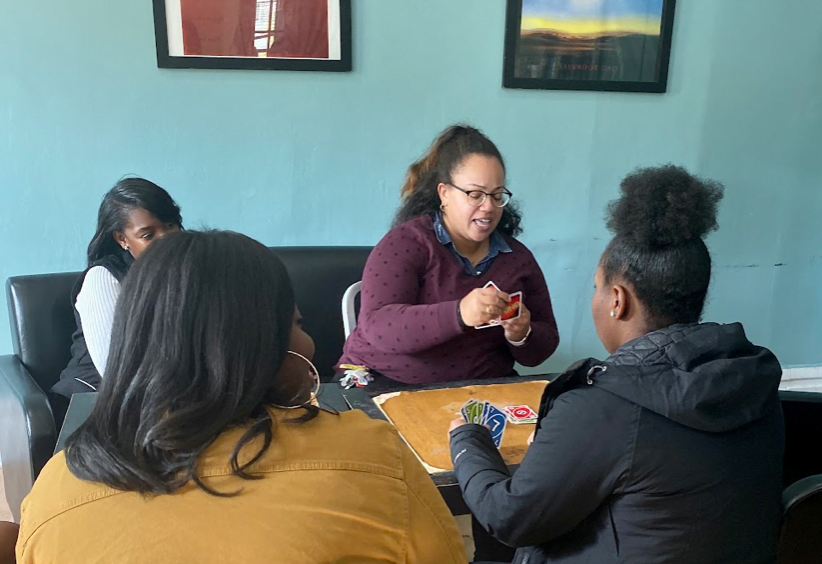
The teens and families we welcome into our programs are dealing with serious problems. Issues such as abuse, violence, addiction, and homelessness. In nearly every instance, the youth and families we serve genuinely want to find a way out of their current situation and get to a better place in life. But they simply don’t know where to start. Through our Crisis Shelter, family and individual counseling, community outreach, and independent living skills training, we help them take the first steps in a better direction.
Our Impact
In 2023, and with your help, we supported our vision for Thriving Youth, No Matter Their Journey, the following ways3
35,953
Nights of shelter, including warm beds, hot meals, clothing, laundry and hygiene resources.
600
Outreach Requests were addressed.
1,239
youth entered Huckleberry House programs and services.
10,874
Hours of counseling and mental health services for youth and families.
Who We Help

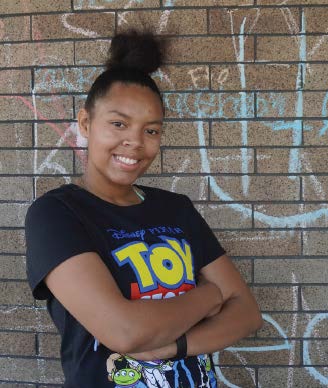
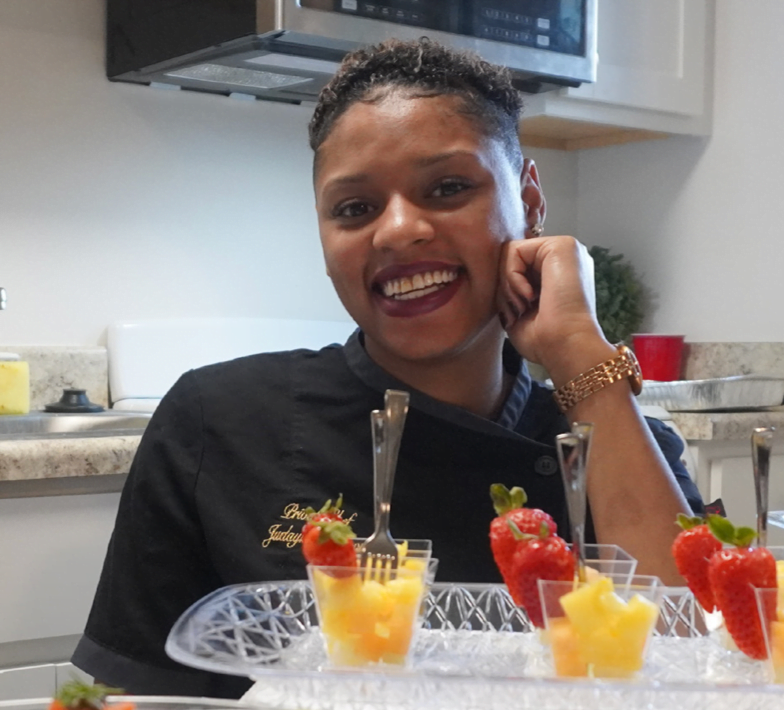
Huckleberry House Annual Reports
2022 Impact Report
History
Over the past 50 years, Huck House has opened countless doors, creating a positive path forward for thousands of young people and their families.
1970
Huckleberry House, an outgrowth of a two-year street ministry of the University Area Council of Churches, is founded in March. In July, with Douglas W. McCoard as executive director, Huck House opens the door to its first home, a house located at the corner of 17th Avenue and Summit Street, owned by Indianola United Methodist Church.
1990
The Transitional Living Program begins, a four-stage, 18-month program to help older adolescents build the skills and confidence they need to live successfully on their own.
2009
The Transitional Living Program begins its parent mentor program to provide young parents in the program with support for building parenting skills.
2016
The YOP Shop opens its doors on the bus line in the heart of the Linden community, giving young people a safe place to call or drop
in, talk with a counselor, use the computers and phones, and get connected to other community resources.
2019
Jefferson Place opens with 20 newly renovated TLP apartments providing a unique and supportive community nestled within the city’s dynamic nonprofit district.
1976
Huck House moves to “The Castle” at 1421 Hamlet Street. The new, larger space allows for Crisis Shelter dorm rooms, counseling space, and administrative offices.
1988
The Safe Place Partner program begins with four Columbus-area fire stations, four White Castle restaurants, Katzinger’s Deli, University Hospital Emergency Room, and the Department of Human Services joining with Huck House to provide youth with a safe place to turn for support getting to the Crisis Shelter. Today the network has 136 sites including fire stations, libraries, White Castle and Donatos restaurants, and community centers.
2005
The Family Support Program launches to provide young people and their families with ongoing support for developing strengths and tackling a wide range of family issues. Every year, hundreds of youth in our community find outgoing support at The Counseling Center at Huckleberry House.
2014
The Transitional Living Program introduces its domestic violence track, initially dedicating 10 TLP apartments in a secure, alarmed, staffed building
to victims of domestic abuse. Currently, a total of 15 apartments are set aside specifically for survivors of domestic violence, human trafficking, or other crime.
2019
Huckleberry House Executive Director Becky Westerfelt chairs a Community Shelter Board initiative, bringing together 250 stakeholders and 65 community organizations to plan comprehensive new approaches and strategies to reduce youth homelessness, resulting in the comprehensive plan, A Place to Call Home for Youth.
About Huckleberry House
Huck House works to make sure every teen has a safe home environment.
We have been supporting teens since 1970.

One in seven children will run away before the age of 18. They run because they don’t know how to deal with family dynamics at home, or because they are experiencing an unsafe situation and feel there is no other escape. Once they are on their own, many don’t have anywhere to go, or they don’t know where to get help.
Since 1970, Huckleberry House has been a safe place and a source of support for these young people. We know this community, and the challenges they face, perhaps better than any other organization. And we work relentlessly to ensure all young people in our community have access to a safe home environment as well as the guidance they need to develop skills and find resources that can help them navigate and cope with the pressures of life.
We solve problems that seem unsolvable.

The teens and families we welcome into our programs are dealing with serious problems. Issues such as abuse, violence, addiction, and homelessness. In nearly every instance, the youth and families we serve genuinely want to find a way out of their current situation and get to a better place in life. But they simply don’t know where to start. Through our Crisis Shelter, family and individual counseling, community outreach, and independent living skills training, we help them take the first steps in a better direction.
Our Impact
In 2020, we kept our doors open despite unprecedented challenges and we made key strides in increasing and improving the options for our community’s most vulnerable members:
19,529
Nights of shelter provided
482
Crisis episodes addressed
$15,000
In scholarship funds awarded to Huck House program graduates
2,458
Hours of counseling and support provided
Who We Help



Huckleberry House Annual Reports
2021 Annual Report
History
Over the past 50 years, Huck House has opened countless doors, creating a positive path forward for thousands of young people and their families.
1970
Huckleberry House, an outgrowth of a two-year street ministry of the University Area Council of Churches, is founded in March. In July, with Douglas W. McCoard as executive director, Huck House opens the door to its first home, a house located at the corner of 17th Avenue and Summit Street, owned by Indianola United Methodist Church.
1970
Huckleberry House, an outgrowth of a two-year street ministry of the University Area Council of Churches, is founded in March. In July, with Douglas W. McCoard as executive director, Huck House opens the door to its first home, a house located at the corner of 17th Avenue and Summit Street, owned by Indianola United Methodist Church.
1976
Huck House moves to “The Castle” at 1421 Hamlet Street. The new, larger space allows for Crisis Shelter dorm rooms, counseling space, and administrative offices.
1988
The Safe Place Partner program begins with four Columbus-area fire stations, four White Castle restaurants, Katzinger’s Deli, University Hospital Emergency Room, and the Department of Human Services joining with Huck House to provide youth with a safe place to turn for support getting to the Crisis Shelter. Today the network has 136 sites including fire stations, libraries, White Castle and Donatos restaurants, and community centers.
1990
The Transitional Living Program begins, a four-stage, 18-month program to help older adolescents build the skills and confidence they need to live successfully on their own.
2005
The Family Support Program launches to provide young people and their families with ongoing support for developing strengths and tackling a wide range of family issues. Every year, hundreds of youth in our community find outgoing support at The Counseling Center at Huckleberry House.
2009
The Transitional Living Program begins its parent mentor program to provide young parents in the program with support for building parenting skills.
2014
The Transitional Living Program introduces its domestic violence track, initially dedicating 10 TLP apartments in a secure, alarmed, staffed building
to victims of domestic abuse. Currently, a total of 15 apartments are set aside specifically for survivors of domestic violence, human trafficking, or other crime.
2016
The YOP Shop opens its doors on the bus line in the heart of the Linden community, giving young people a safe place to call or drop
in, talk with a counselor, use the computers and phones, and get connected to other community resources.
2019
Huckleberry House Executive Director Becky Westerfelt chairs a Community Shelter Board initiative, bringing together 250 stakeholders and 65 community organizations to plan comprehensive new approaches and strategies to reduce youth homelessness, resulting in the comprehensive plan, A Place to Call Home for Youth.
2019
Jefferson Place opens with 20 newly renovated TLP apartments providing a unique and supportive community nestled within the city’s dynamic nonprofit district.


